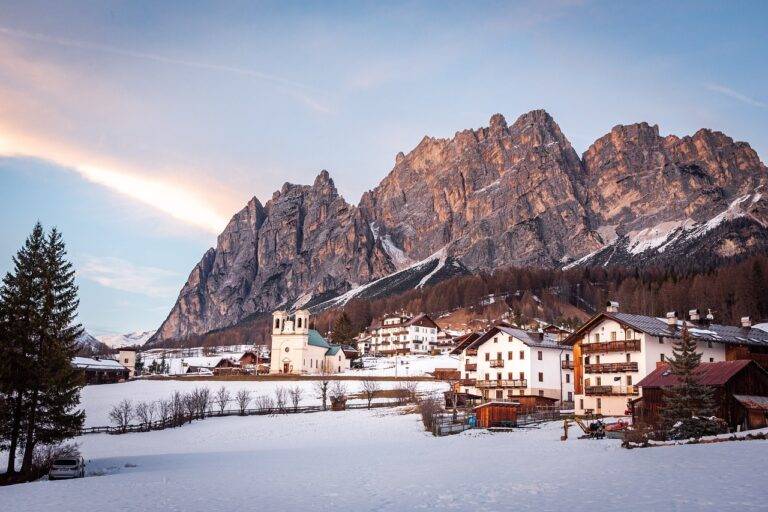Sustainable Wine Tourism: Exploring Organic and Biodynamic Vineyards
Organic and biodynamic farming practices in vineyards offer numerous benefits to both vineyard owners and consumers. By eliminating the use of synthetic pesticides and fertilizers, these methods help protect the environment and promote soil health. Additionally, these practices often result in higher quality grapes, leading to better tasting wines with distinct flavor profiles.
Moreover, organic and biodynamic farming techniques contribute to the overall sustainability of the vineyard ecosystem. By encouraging biodiversity and natural pest control methods, these practices create a balanced and resilient environment for grape cultivation. This approach not only benefits the immediate vineyard operations but also supports the long-term health and productivity of the land.
Difference Between Organic and Biodynamic Wine Production
Organic wine production focuses on using natural methods to cultivate grapes without synthetic pesticides, herbicides, or fertilizers. Additionally, organic winemakers avoid using genetically modified organisms and prioritize biodiversity on their vineyards. The goal is to produce wine in a way that is in harmony with nature and minimizes the impact on the environment.
On the other hand, biodynamic wine production takes organic practices a step further by incorporating holistic and spiritual principles. Biodynamic farmers view their vineyards as a self-sustaining ecosystem and employ practices like planting and harvesting according to the lunar calendar. They also use special preparations such as herbal and mineral infusions to enhance the vitality of the soil and grapes.
Exploring the Environmental Impact of Sustainable Wine Tourism
Sustainable wine tourism has been gaining momentum due to its emphasis on preserving the environment and supporting local communities. By opting for sustainable practices in wine tourism, vineyards can minimize their carbon footprint, reduce water usage, and promote biodiversity in the surrounding areas. This approach not only benefits the ecosystem but also contributes to the overall health of the vineyards and ensures the longevity of the wine production process.
Additionally, sustainable wine tourism plays a significant role in educating consumers about responsible environmental practices and fostering a greater appreciation for the connection between nature and winemaking. Visitors who participate in sustainable wine tours have the opportunity to witness firsthand the efforts made by vineyards to protect the environment and uphold ethical standards in their operations. This heightened awareness can lead to more informed consumption choices and a growing demand for wines that are produced in an environmentally conscious manner.
What are the benefits of organic and biodynamic farming practices in vineyards?
Organic and biodynamic farming practices help to reduce the use of synthetic chemicals, promote biodiversity, improve soil health, and preserve water resources.
What is the difference between organic and biodynamic wine production?
Organic wine production focuses on using organic farming methods and avoiding synthetic chemicals, while biodynamic wine production goes a step further by incorporating spiritual and holistic practices to enhance the overall health of the vineyard.
How does sustainable wine tourism impact the environment?
Sustainable wine tourism promotes environmentally friendly practices such as energy efficiency, waste reduction, and water conservation, helping to minimize the carbon footprint of the wine industry.





